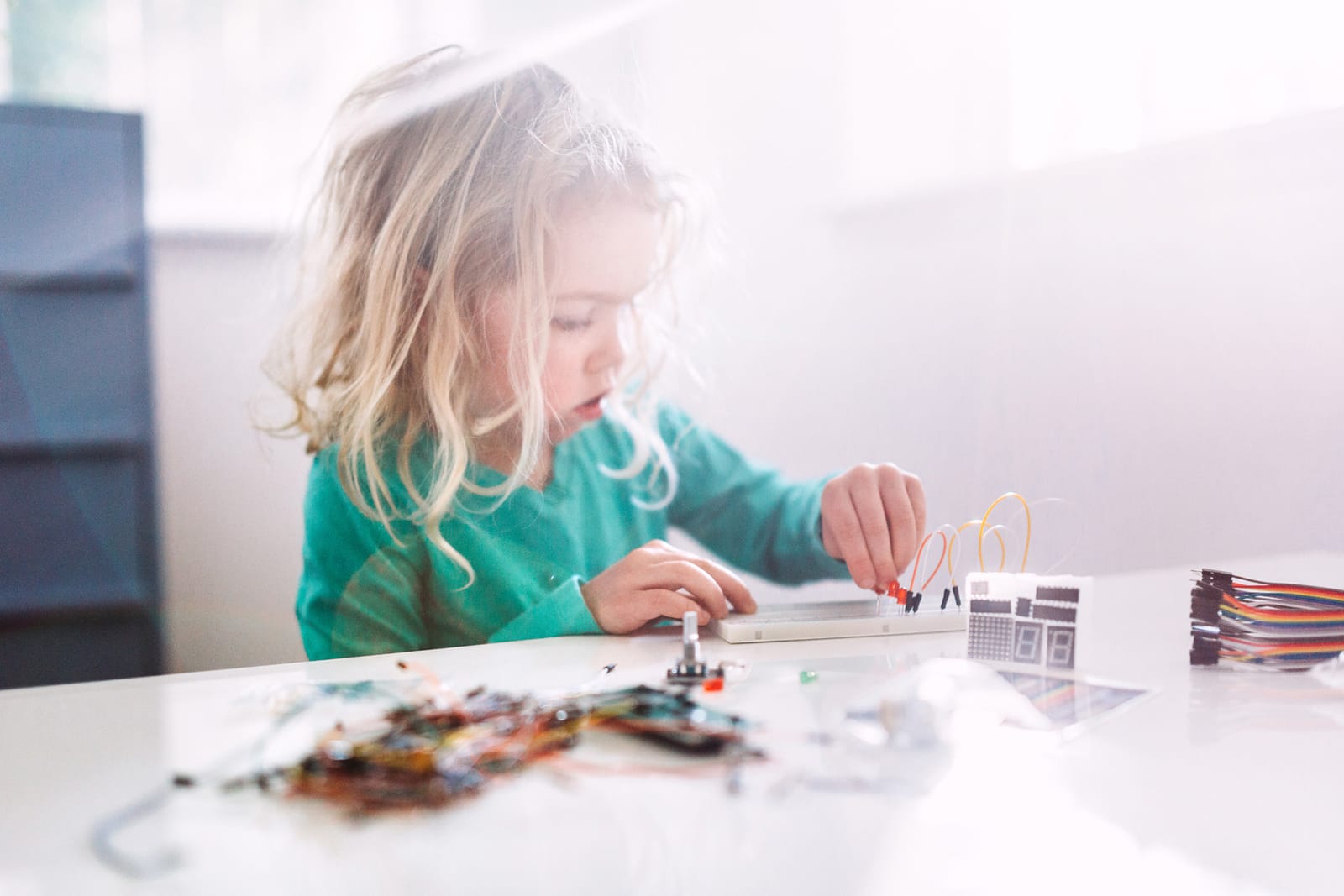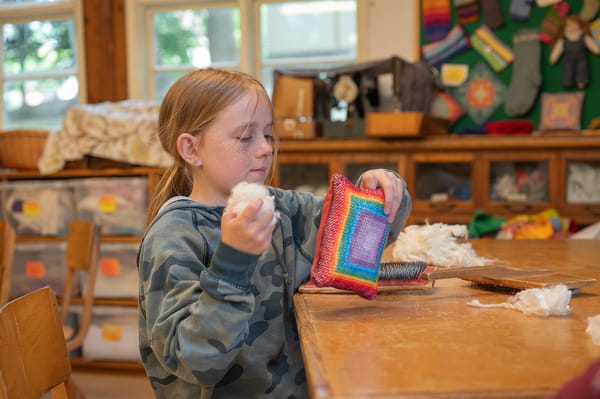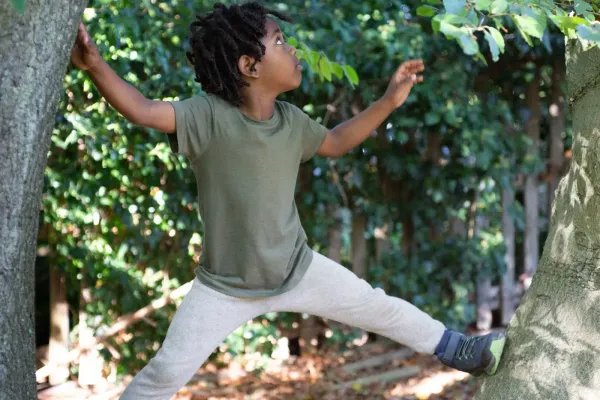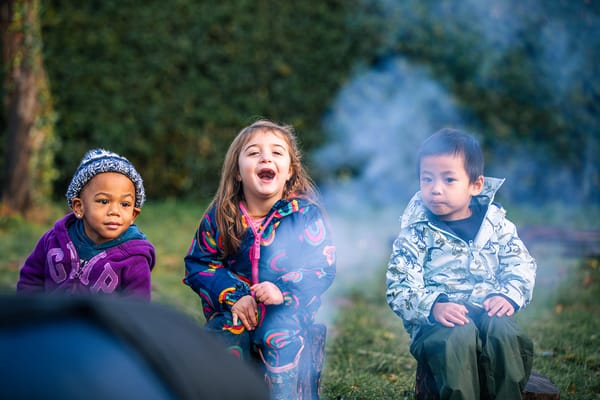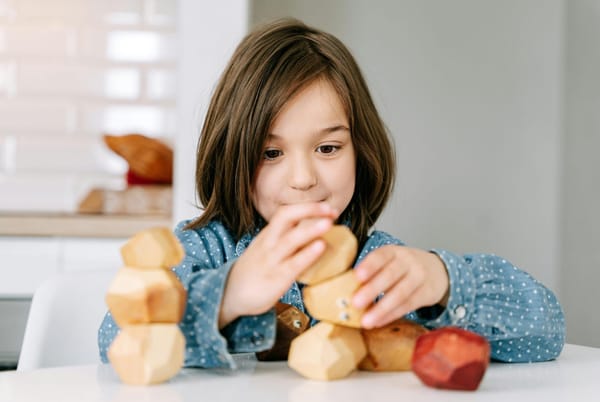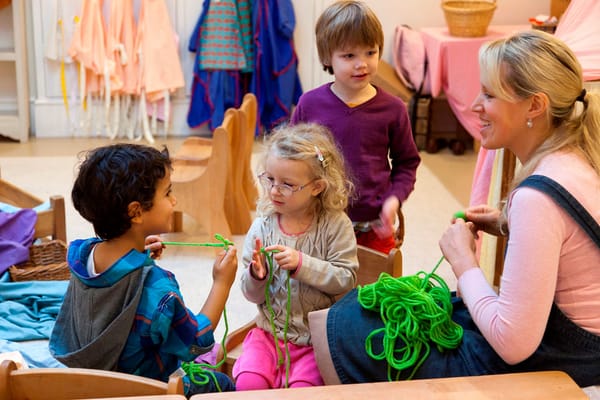There are no Nobel Prizes for parenting or education, but there should be. They are the two most important things we do in our society. How we raise and educate our children determines not only the people they become but the society we create says Esther Wojcicki.
Every parent has hopes and dreams for their children. They want them to be healthy, happy, successful. They also have universal fears: will their child be safe, will she find purpose and fulfilment, and will he make his way in a world that feels increasingly driven, competitive, and even at times hostile. I remember how all of those unspoken and largely unconscious worries crowded into the small birthing room, as I held my first daughter.
No one seems to have a definitive answer. Parenting experts focus on important aspects of childrearing like sleeping, eating, bonding, or discipline, but the advice they offer is mostly narrow and prescriptive. What we really need isn’t just limited information about the care and feeding of children, as important as that may be. What we most need to know is how to give our kids the values and skills to succeed as adults. We also have to face the massive cultural shifts over the past few years.
One of the biggest mistakes we make as parents is to assume personal responsibility for our children’s emotions. We’ll do anything to prevent our children from struggling or suffering, which means that they never have to deal with hardships or adversity. As a result, they lack independence and grit, and they’re fearful of the world around them instead of empowered to innovate and create.
Another big mistake: We teach them to focus almost exclusively on themselves and their own performance. They are so busy focusing on themselves that they rarely have time to consider how they might help and serve others. Kindness and gratitude are often overlooked, even though these are the qualities that research shows will make us most happy in life.
Dysfunction in our education system
There is also dysfunction in the classroom. Schools and universities are still teaching in the style of the 20th century, essentially preparing students to follow instructions for a world that no longer exists. The lecture model, based on the assumption that the teacher knows everything and that the role of the student is to listen quietly, take notes, and take a test, is still dominant worldwide, despite the fact that technology now allows us to find information on our own.
Students learn about required subjects instead of learning through interest-based learning or experience. Curriculums are geared toward exams and assessments rather than project-based learning that teaches real-world skills and allows students to find their passion. And tests and exams are the least likely things to promote passion and engagement, which research shows are the foundation of effective education and happiness in life.
Above all, this outmoded system teaches us to obey—not to innovate or think independently. When it’s time to graduate, we celebrate the end of learning! We should be celebrating the mastery of skills that will allow us all to continue to educate ourselves throughout life.
Mental health crisis
Is it any wonder, given how we’re teaching and parenting, that kids end up depressed and anxious, completely unprepared to face the normal challenges of life? According to the National Institute of Mental Health, a quarter of 13 to 18 year olds in the U.S. suffer from anxiety disorders. A 2016 study from Brazil reported that almost forty percent of adolescent girls and more than twenty percent of adolescent boys suffered from common mental disorders like anxiety and depression.
A survey conducted by the Norwegian Institute of Public Health found that among participants between the ages of 14 and 15, more than fifty percent reported regularly feeling “sad or unhappy,” and almost half reported feeling “restless.” This epidemic is universal, and it should be a call to action for us all.
Basic principles of raising successful humans
There is a better way. We’ve made parenting into an incredibly complicated, unintuitive endeavour, filled with fear and self-doubt. We’re stressed out because we’ve become slaves to our children’s happiness. We’re worried that they won’t make it in this highly competitive flat world that we live in. We get upset when they don’t yet know the alphabet but all the other kids seem to know it. We are the ones who are creating this frantic, overly competitive world for our kids.
In truth, parenting is really quite simple—as long as we rediscover the basic principles that allow children to thrive in homes, in schools, and in life. Through my decades of experience as a mother, grandmother, and educator, I’ve identified five fundamental values that help us all become capable, successful people. To make it simple and easy to remember in all walks of life, I call these values “TRICK”.
TRICK is essential to functional families, and it’s also the solution to the challenges we face in education. The most effective classrooms are founded on trust and respect, encourage independent thought, and include project-based collaborative learning that mimics work in the real world. The ultimate goal of TRICK is creating self-responsible people in a self-responsible world.
This is what we’re doing as parents, teachers, and employers—not just raising children or managing classrooms and boardrooms, but building the foundation of the future of humankind. We’re evolving human consciousness, and we’re doing it faster than ever before.
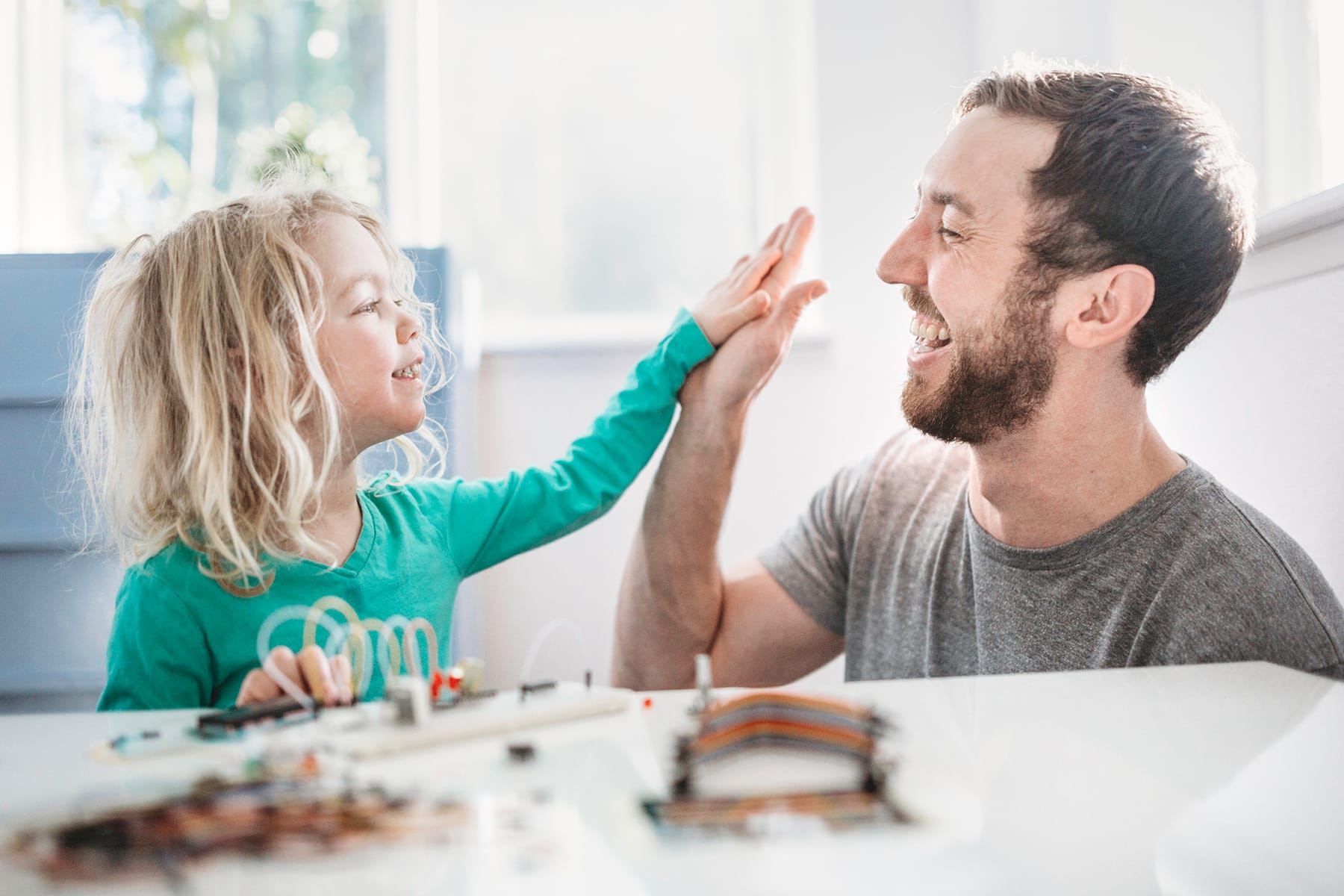
TRICK: Trust, Respect, Independence, Collaboration & Kindness
TRUST: We are in a crisis of trust the world over. Parents are afraid, and that makes our children afraid—to be who they are, to take risks, to stand up against injustice. Trust has to start with us. When we’re confident in the choices we make as parents, we can then trust our children to take important and necessary steps toward empowerment and independence.
RESPECT: The most fundamental respect we can show our children is toward their autonomy and individuality. Every child has a gift, and is a gift to the world, and it’s our responsibility as parents to nurture that gift, whatever it may be.
INDEPENDENCE: Children who learn self-control and responsibility early in life are much better equipped to face the challenges of adulthood, and also have the skills to innovate and think creatively. Truly independent kids are capable of coping with adversity, setbacks, and boredom, all unavoidable aspects of life. They feel in control even when things around them are in chaos.
COLLABORATION: Collaboration means working together as a family, or in a classroom, or at a workplace. For parents, it means encouraging children to contribute to discussions, decisions, and even discipline. In the 20th century, when rule-following was one of the most important skills, parents were in total control. In the 21st century, dictating no longer works. We shouldn’t be telling our children what to do, but asking for their ideas and working together to find solutions.
KINDNESS: Parents love their children, but they are so familiar with them, they often take basic kindness for granted. And they don’t always model kindness as a behaviour for the world as a whole. Real kindness involves gratitude and forgiveness, service toward others, and an awareness of the world outside yourself. It’s important to show our kids that the most exciting and rewarding thing you can do is to make someone else’s life better.
MORE INSPIRATION
READ How to Raise Successful People: Simple Lessons for Radical Results by Esther Wojcicki (£16.99 Penguin)
EXPLORE Find Esther online at raisesuccessfulpeople.com
Esther Wojcicki speaks about how to raise successful people


